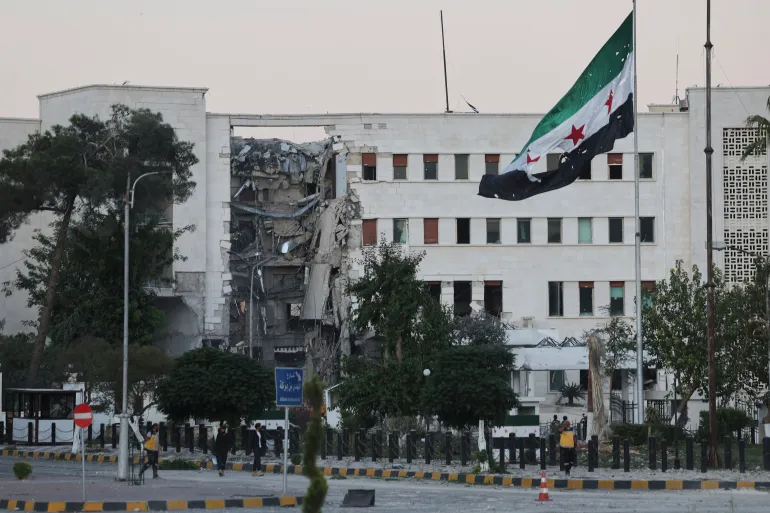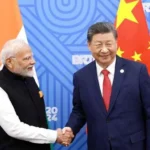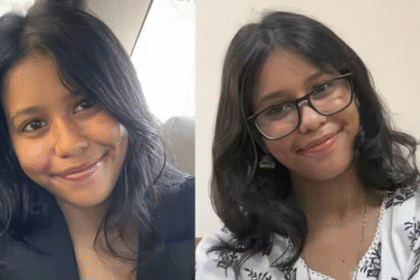Syrian President Vows Protection for Druze Community After Israeli Strikes on Damascus
The Immediate Aftermath of the Strikes
On July 17, 2025, the political temperature in the Middle East escalated sharply following Israeli airstrikes on Damascus, Syria’s historic capital. These strikes, reportedly targeting Iranian-linked military assets, caused collateral damage in densely populated civilian areas. Among those affected were members of Syria’s minority Druze community, triggering widespread fear and outrage.
President Bashar al-Assad, in an emergency address delivered later that day, vowed to protect the Druze community and other minorities, emphasizing Syria’s sovereignty and the resilience of its people. His speech, broadcast on state television, was aimed not only at his domestic audience but also at the international community, signaling that Syria would not tolerate what it called “aggressive violations of international law.”
The Druze, an ethnoreligious group with a distinct monotheistic faith, primarily reside in southern Syria, particularly in the Suwayda Governorate. Historically known for their fierce independence and strategic neutrality, the community has found itself increasingly vulnerable amid regional conflicts. President Assad’s reassurance was thus seen as a calculated move to rally national unity while reinforcing his administration’s political legitimacy.
Regional Ramifications and International Response
The strikes on Damascus and the subsequent vow by Assad to protect the Druze community did not occur in a vacuum. They form part of a broader geopolitical contest, with Israel intensifying its military operations against Iranian military entrenchment across Syria. Israel has repeatedly justified its actions on national security grounds, stating that Iran’s presence near its northern border constitutes an existential threat.
Meanwhile, Iran condemned the Israeli strikes as acts of aggression and promised a response. Tehran and Damascus have long been allies, bound by strategic interests and mutual animosity toward Israel. Hezbollah, Iran’s proxy in Lebanon, also issued a strongly worded statement, raising fears of a possible escalation in southern Lebanon.
The United States and Russia offered starkly contrasting reactions. Washington reaffirmed Israel’s right to self-defense but urged all parties to exercise restraint. Moscow, a key Syrian ally, denounced the airstrikes and called for an emergency session at the United Nations Security Council. Both powers, despite being on opposite ends of the Syrian conflict, acknowledged the need to avoid a wider conflagration in the region.
Humanitarian organizations, meanwhile, raised alarm over the impact on civilians, particularly the Druze population, which has largely stayed away from Syria’s civil war but now finds itself caught in the crossfire.
Historical Context of the Druze in Syrian Politics
The Druze community has played a unique role in Syria’s modern history. Despite constituting a small percentage of the population, they have wielded considerable influence, especially in the military and civil service. During the French Mandate period and the early years of independence, Druze leaders often took part in nationalist movements.
However, the community’s relationship with successive Syrian governments has been marked by periods of both cooperation and tension. Under the Assad regimes—first Hafez, then Bashar—the Druze were granted a degree of religious autonomy in exchange for political loyalty. This balance has been largely maintained, although recent years have seen cracks due to deteriorating economic conditions and security concerns.
In the context of the July 2025 strikes, President Assad’s pledge to protect the Druze is therefore steeped in both political necessity and historical precedent. It serves as a reaffirmation of the regime’s commitment to safeguarding Syria’s diverse social fabric, even as it grapples with external threats and internal instability.
Media Coverage and Public Sentiment
The coverage of the Israeli strikes and Assad’s subsequent declaration varied significantly across global media outlets. Syrian state media portrayed the President as a national guardian, standing firm against foreign aggression. Iranian and Hezbollah-affiliated outlets echoed this narrative, emphasizing solidarity among the “axis of resistance.”
In contrast, Israeli media focused on the military objectives and success of the airstrikes, minimizing civilian casualties and accusing the Assad regime of using minorities for propaganda. Western media, particularly in Europe and North America, adopted a more cautious tone, highlighting the humanitarian consequences and the risk of escalation.
Public sentiment in Syria, as captured through social media and limited independent journalism, appeared divided. While some applauded Assad’s protective stance toward the Druze and other minorities, others criticized the regime for failing to prevent the strikes in the first place. Within the Druze community itself, reactions ranged from cautious appreciation to deep concern, with many fearing that they are once again being used as pawns in a larger geopolitical struggle.
The Geopolitical Implications – Israel, Iran, and Proxy Wars
The Israeli airstrikes on Damascus that prompted President Assad’s vocal commitment to protect the Druze community did not occur in isolation. These attacks must be viewed through the broader lens of the Middle East’s ever-evolving geopolitical chessboard, where Israel, Iran, Syria, and non-state actors like Hezbollah continually vie for influence, security, and strategic advantage.
Israel has long justified its aerial operations in Syria by pointing to Iranian entrenchment in the region. Tehran’s military support for the Assad regime, coupled with its supply of weapons to Hezbollah via Syrian territory, has made Syria a battleground for proxy confrontation. The Israeli Defense Forces (IDF) frequently target what they claim are Iranian arms depots, personnel, or logistical convoys aimed at strengthening Hezbollah in Lebanon.
In this context, the recent strikes were reportedly aimed at Iranian-linked infrastructure in the southern suburbs of Damascus. The collateral impact on civilian areas and the sense of national violation, however, was what drew Assad’s sharp rhetoric and renewed promises to marginalized minorities like the Druze. For Assad, responding publicly was not just a humanitarian gesture; it was a calculated move to galvanize internal support and project strength amid a fraught security climate.
The Druze, despite their small numbers, hold strategic importance in southern Syria, especially in the Suwayda province. Historically, their loyalty to the central regime has fluctuated, influenced by the degree of autonomy and security guarantees they receive. Israel’s strikes risk destabilizing this delicate balance by further exposing the community to the fallout of regional power struggles.
Iran, on the other hand, has responded with statements condemning Israel’s “aggression” and reaffirming its support for Syria’s sovereignty. While official channels avoid confirming the exact nature of Iranian assets targeted, Tehran’s language indicates its intention to maintain a long-term footprint in Syria regardless of Israeli actions. For Iran, Syria represents both a buffer zone and a forward operating base in its strategic confrontation with Israel and Western allies.
The United States, though more diplomatically restrained, has echoed concerns about the volatility such strikes introduce into an already fragile region. Its role, however, remains ambivalent—supporting Israel’s right to self-defense while cautioning against actions that might escalate into broader conflict.
In the midst of these power plays, the Druze community remains caught in the crossfire. Their safety, and by extension their loyalty to the Assad government, will depend not only on military protection but also on diplomatic efforts to reduce the frequency and scope of such cross-border operations. Assad’s vow may be strong in rhetoric, but its success will be tested in the complex matrix of military realities and international diplomacy that defines Syrian statehood today.
Also Read : Mumbai Girl Blackmailed With Nude Videos By Ex-Boyfriend; ₹24 Lakh Extorted Over 2 Years







